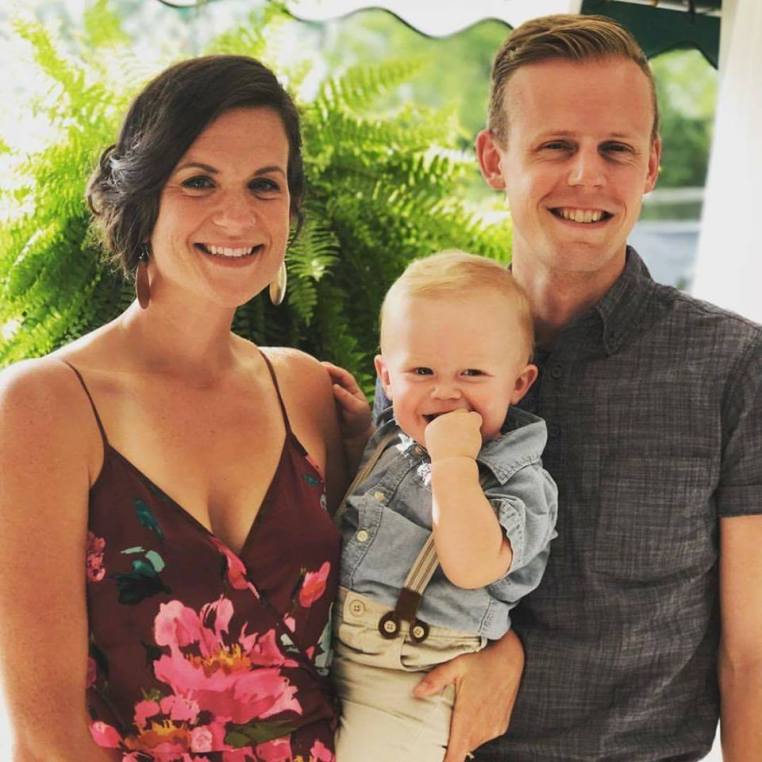When I’m told of yet another suicide, I am heart-broken, but I am hardly surprised.
You know, panhandlers aren’t the face of homelessness? A friend of mine, who works at a local shelter, said he doesn’t see the same people in his kitchen as he does on the street corner. It’s because the true face of homelessness isn’t behind a cardboard sign. The true face of homelessness looks like you; looks like me.
She’s the barista serving you coffee. He’s the man carrying a briefcase full of dirty clothes. She’s another child at school. He has a Ph.D.
The people in the greatest need are often the most silent. They are those in our everyday lives and are masters of disguise. They lay low.
Ian Mclaren said, “Everyone you meet is fighting a battle you know nothing about.”
The former classmate of my little brother took his life. The man I knew from church. My friend’s brother. The teacher at the local school. The actor, the musician, the college kid. Just two days ago, I got a Facebook message saying a teacher at my high school took his life.
“When I’m told of yet another suicide, I am heart-broken, but I am hardly surprised.”
According to the World Health Organization (WHO), approximately 3,000 suicides happen in a day. That’s every 40 seconds. The American Foundation for Suicide Prevention claims 7 out of 10 suicides are males. White males.
Everybody has a shadow, and we would do well to shine a light on this silent epidemic. Still, how do we shine a light into a season of such thick darkness when we are baffled and heart-broken? And, when suicide hits home like it did for me a few days ago, how does a shaken community appropriately respond?
Seek Counseling
I don’t care who you are, you can benefit from talking to a professional. Especially in communities affected by a suicide, therapy should be emphatically encouraged. A sudden death alone leaves a lot of questions, but a suicide can leave a lot more. Having a professional counselor helps tremendously in sorting through difficult thoughts and feelings.
Talk About It With Each Other
There is often an inherent discomfort when talking about suicide, and that’s one reason we hardly ever talk about it. It can be even harder to bring it up when the wound is fresh, but it is the time we most need to make it a part of everyday conversation. Over-internalization plays a huge part in the act of suicide. We shouldn’t respond to internalization with more internalization.
Don’t Play The Blame Game
Trust me, there’s no point in trying to figure out who is to blame. No one knows the exact thought-process of any particular suicidal person. Depression is the asshole here.
Strengthen Support Systems
While it is vital we not play the blame game, when a community is shaken by a suicide, it is a prime time to reevaluate our support systems. As leaders, are we encouraging professional help through accessible and practical resources? As a community, are we addressing difficult issues like depression, anxiety, and suicide? As individuals, are we continuously sharpening our weapons of kindness, grace, and humility against the darkness of depression? (See also “How To Love Someone With A Mental Illness,” and “How To Love A Loved One When Death And Despair Strike.“)
For those struggling and everyone else: “We all make mistakes, have struggles, and even regret things in our past,” says Steve Maraboli. “But you are not your mistakes, you are not your struggles, and you are here NOW with the power to shape your day and your future.”
Suicide is preventable. Get the help you deserve now.
This blog post was originally published on daddingdepressed.com and has been republished with the permission of the author, Dwight Doug Mains.
-
Dwight Doug Mains is a freelance writer, author, editor and blogger, with a passion for helping others communicate in a congested world. Living with depression and anxiety himself, Doug recognised a need for male advocacy in online resources regarding mental health and created Dadding Depressed. As he personally learns how to better function as a new dad and a man dealing with the challenges of mental illness, Doug blogs in the hope to be a voice for other men who are silently hurting.



Comments